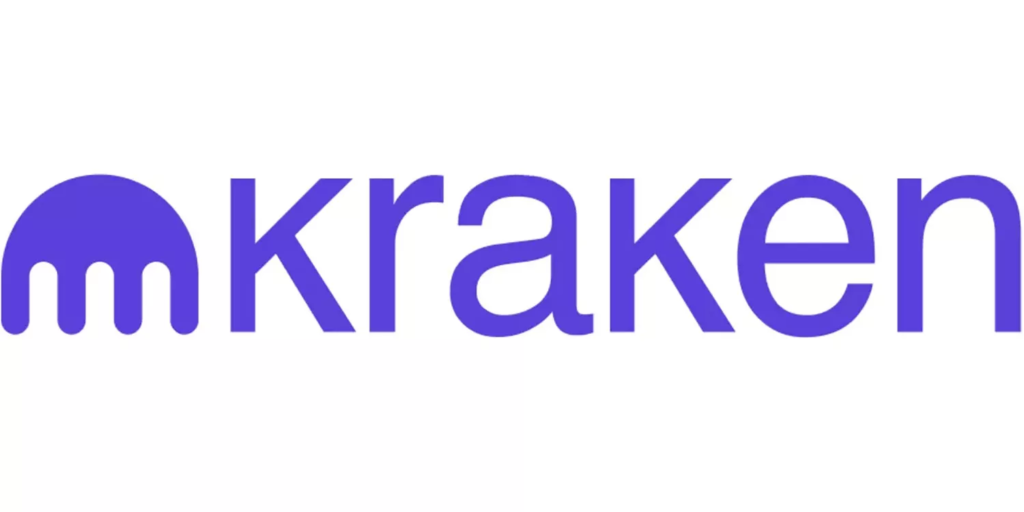Inflation is an ever-present concern for investors looking to protect their wealth. As the cost of living rises, traditional stores of value like gold and digital assets like Bitcoin are often considered hedges against inflation. But which one is the better choice? Let’s explore the key aspects of gold and Bitcoin as inflation hedges and determine which asset suits your financial goals best.
Understanding Inflation and Its Impact on Wealth
Inflation erodes purchasing power over time, meaning the money you hold today buys less in the future. To counteract this effect, investors seek assets that maintain or grow in value over time. Gold has been a historical safe haven, while Bitcoin has emerged as a digital alternative. But how do they compare?
Gold: A Time-Tested Inflation Hedge
Gold has been a store of value for thousands of years. Central banks and investors turn to gold during economic uncertainty due to its stability and limited supply.
Advantages of Gold:
- Intrinsic Value: Unlike fiat currencies, gold has inherent value due to its scarcity and industrial use.
- Historical Stability: Gold has consistently retained its value over centuries.
- Tangible Asset: Unlike digital assets, gold is a physical asset that cannot be erased or hacked.
- Hedge Against Currency Devaluation: Gold often moves inversely to fiat currencies, making it a great hedge during times of economic downturn.
- Diverse Use Cases: Gold is used in jewelry, electronics, and industrial applications, ensuring ongoing demand.
Disadvantages of Gold:
- Storage Costs: Keeping gold safe requires storage, which can be costly.
- Lack of High Growth: Gold appreciates slowly compared to high-risk investments.
- Liquidity Issues: While gold is widely accepted, selling large amounts can take time.
- Government Confiscation Risk: Historically, some governments have seized gold during economic crises.
Bitcoin: The Digital Alternative to Gold
Bitcoin is often referred to as ‘digital gold’ due to its limited supply and decentralized nature. Its emergence as a potential hedge against inflation has made it a hot topic in the financial world.
Advantages of Bitcoin:
- Scarcity: Bitcoin has a fixed supply of 21 million coins, making it deflationary.
- Portability: Unlike gold, Bitcoin can be stored and transferred easily with a digital wallet.
- High Growth Potential: Bitcoin has seen massive growth over the past decade.
- Decentralization: Bitcoin operates on a decentralized blockchain, making it resistant to government interference.
- Easily Divisible: Bitcoin can be divided into smaller units, allowing micro-transactions.
Disadvantages of Bitcoin:
- Volatility: Bitcoin experiences sharp price fluctuations.
- Regulatory Risks: Governments may impose restrictions on Bitcoin usage.
- Security Concerns: While Bitcoin itself is secure, wallets and exchanges can be hacked.
- Lack of Tangibility: Bitcoin is purely digital, and some investors prefer the physical nature of gold.
- Energy Consumption: Bitcoin mining requires significant energy, raising environmental concerns.
Comparing Gold and Bitcoin as Inflation Hedges
| Feature | Gold | Bitcoin |
|---|---|---|
| Stability | Highly stable | Volatile |
| Liquidity | Widely accepted but slow to sell | Highly liquid but price fluctuates |
| Storage | Requires physical storage | Stored digitally |
| Growth Potential | Slow appreciation | High growth, high risk |
| Regulation | Generally accepted | Faces regulatory scrutiny |
| Portability | Bulky, harder to transport | Easily transferred digitally |
| Scarcity | Limited supply, but new mining continues | Fixed supply of 21 million coins |
Which One Should You Choose?
If you prioritize stability and long-term wealth preservation, gold remains a reliable hedge. If you’re open to higher risk and potential high returns, Bitcoin could be a lucrative alternative. Some investors diversify by holding both to balance risk and reward.
Investing Strategies: How to Balance Gold and Bitcoin
A balanced investment portfolio often includes a mix of assets to mitigate risks and maximize returns. Here are some approaches to consider:
- The Conservative Approach: Allocate a higher percentage to gold (e.g., 70% gold, 30% Bitcoin) to reduce volatility.
- The Growth-Oriented Approach: Allocate more to Bitcoin (e.g., 60% Bitcoin, 40% gold) to capitalize on potential high returns.
- The Balanced Approach: A 50/50 allocation provides exposure to both assets without overly favoring one over the other.
- Dollar-Cost Averaging (DCA): Invest small amounts regularly in both gold and Bitcoin to reduce the impact of market fluctuations.
Recommended Affiliate Products
1. Gold Investment Options

- Gold IRA Accounts: Secure your retirement savings with gold-backed IRAs.
- Physical Gold Coins & Bars: Invest in tangible gold assets that hold value over time.
- Gold ETFs: Trade gold without the hassle of physical storage.
- Vaulted Gold Storage: Store your gold safely with insured storage services.
Take control of your financial future—invest in gold today! Check out top gold investment options here
2. Bitcoin Investment Platforms

- Crypto Exchanges: Buy, sell, and store Bitcoin securely.
- Bitcoin Hardware Wallets: Keep your digital assets safe from hackers.
- Crypto Investment Courses: Learn how to navigate the Bitcoin market.
- Automated Crypto Trading Platforms: Use AI-driven trading bots to maximize returns.
Start your Bitcoin investment journey today! Discover trusted Bitcoin platforms here
Final Thoughts
Both gold and Bitcoin offer compelling advantages as inflation hedges, each with unique risks and benefits. Whether you prefer the historical security of gold or the innovative potential of Bitcoin, making an informed investment decision is key. Diversifying between the two can provide stability while allowing for growth potential.
Ready to diversify your portfolio? Explore the best investment options in gold and Bitcoin today!
